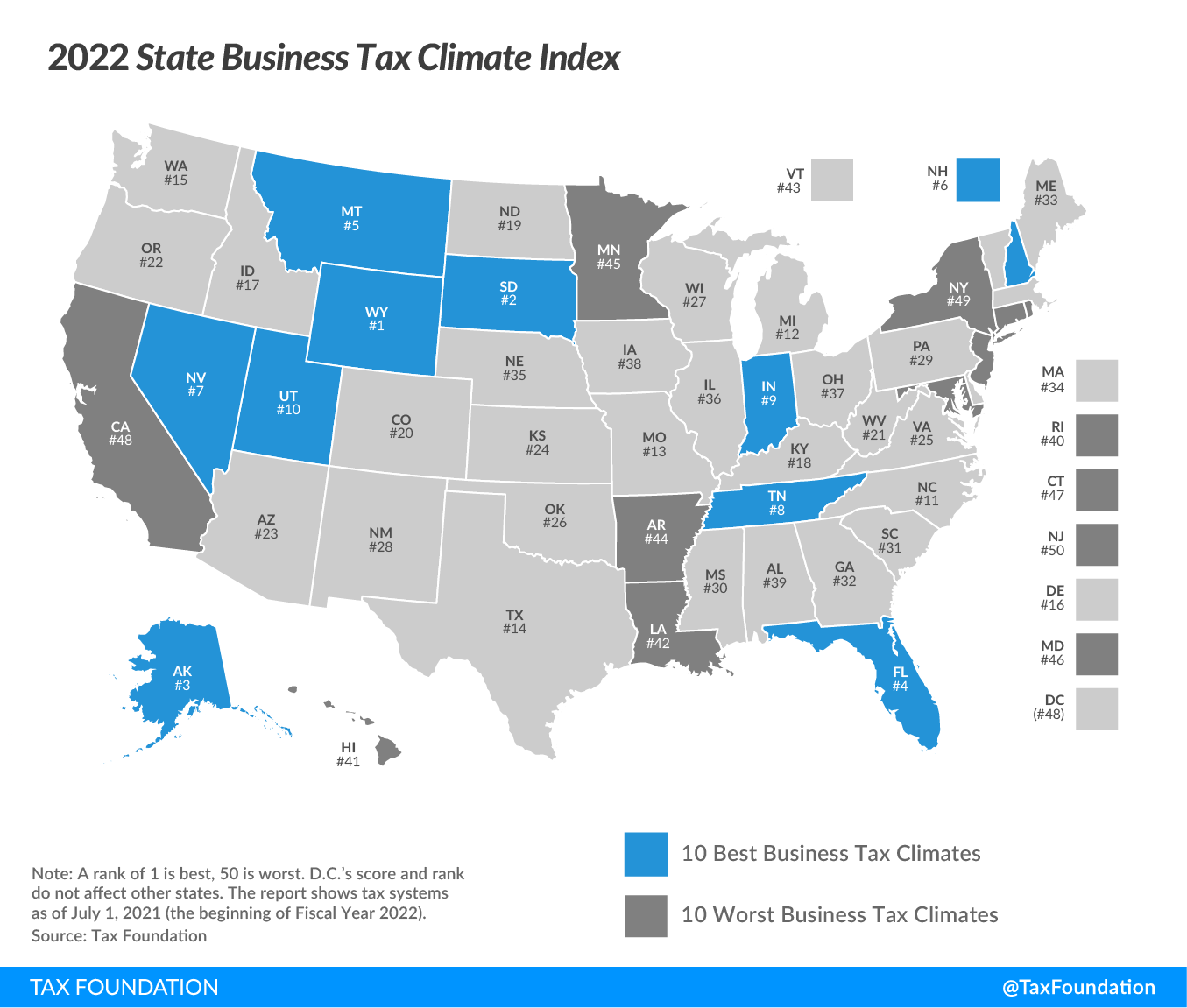


Although the rules haven't been made final, the IRS has said it won’t challenge anyone who follows them on this issue. The IRS tried to clear things up a few years ago by proposing rules that would require self-employment tax to be paid on profits distributed to any member who is personally liable for the LLC's debts, participates in the business for more than 500 hours annually, or has authority to sign contracts on behalf of the company.Īnd even if none of those characteristics applied, the proposed rules would require you to pay the tax if you're a member of an LLC in health, law, accounting, engineering, architecture or consulting. Here's the rub: The law isn't clear on how inactive an LLC member has to be to qualify for this special rule. There is a special rule for LLC members who are the equivalent of Limited Partners and don't take an active role in the business: They don't pay self-employment tax on profits the company passes through to them, only on compensation they receive for any services they provide to the LLC. In general, members who are actively engaged in the business must pay this tax. If you have a single-member LLC, you'll file as a sole proprietorship using Schedule C (unless you choose to treat the LLC as a corporation).Ī rather sticky issue for LLC members is whether they owe self-employment tax on their share of the company's earnings. At tax time you'll use Form 1120: Corporation Income Tax Return, or the short form, 1120-A. If you choose to have your LLC file taxes as a corporation, you must tell the IRS by filing Form 8832: Entity Classification Election. These amounts are then included on the member’s personal tax return. Schedule K-1 reports the member’s share of LLC income, deduction, and tax credit items. The annual Form 1065 must also include a Schedule K-1 for each member. So at tax time to keep the IRS happy an LLC files Form 1065: Partnership Return of Income.

That means the LLC itself pays no tax, but taxable profits and deductible losses are passed through to the members,who are treated as partners under the tax rules. The IRS assumes that LLCs with more than one member are partnerships for tax purposes.


 0 kommentar(er)
0 kommentar(er)
